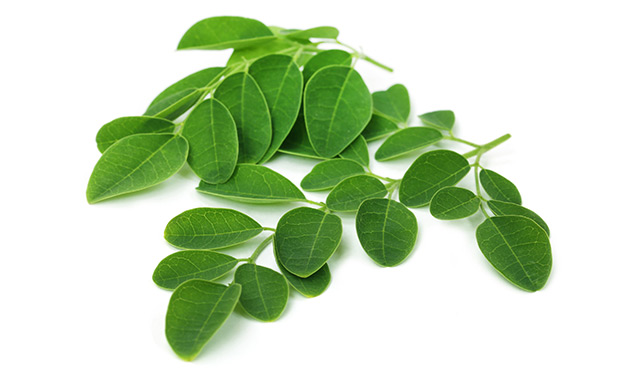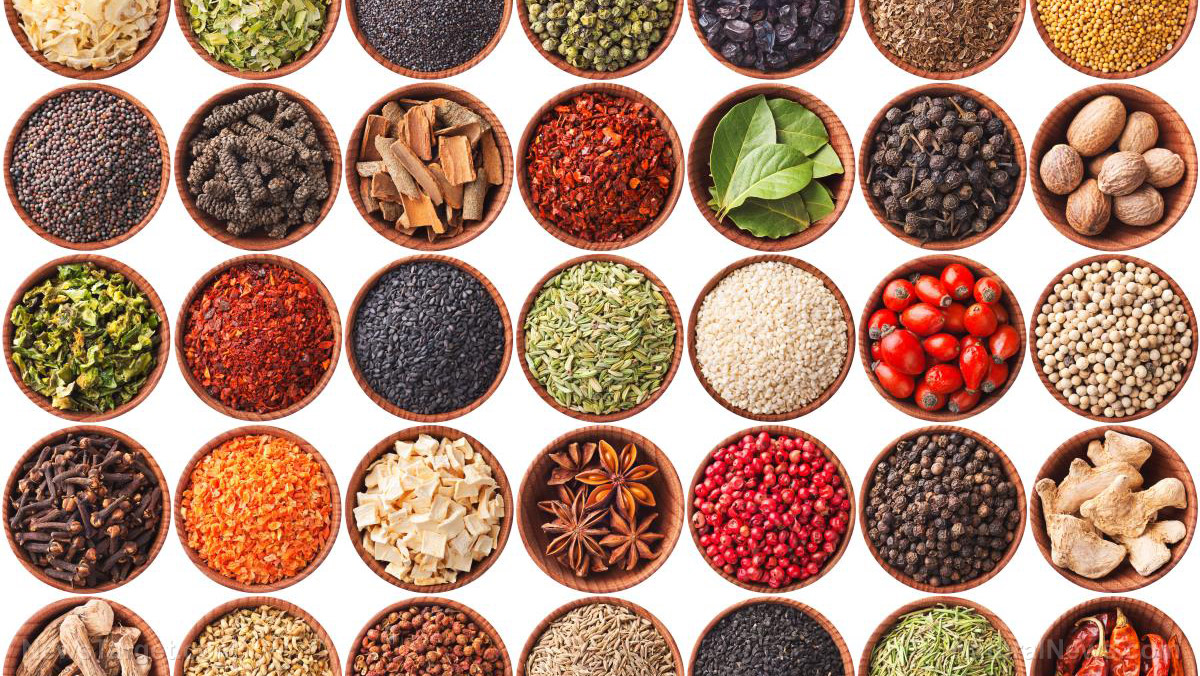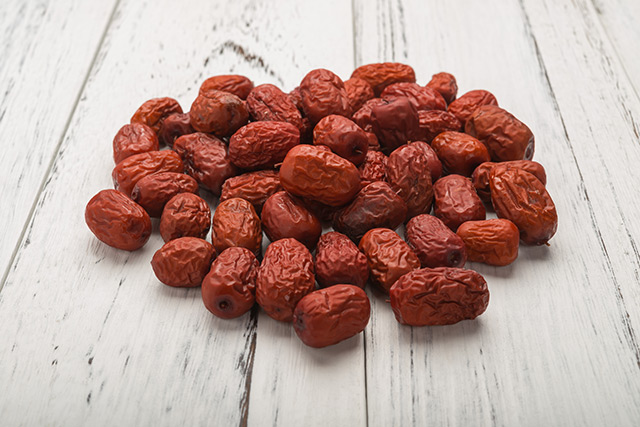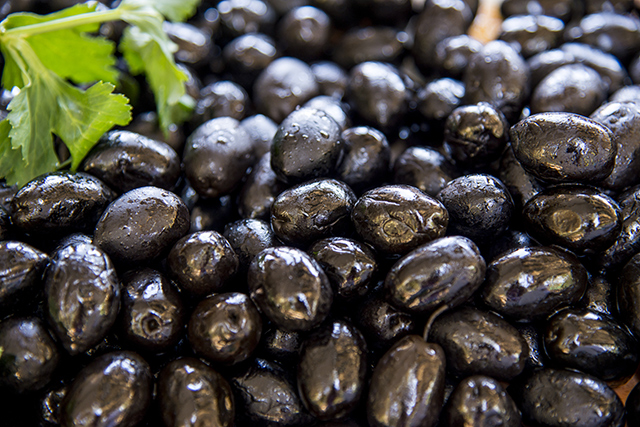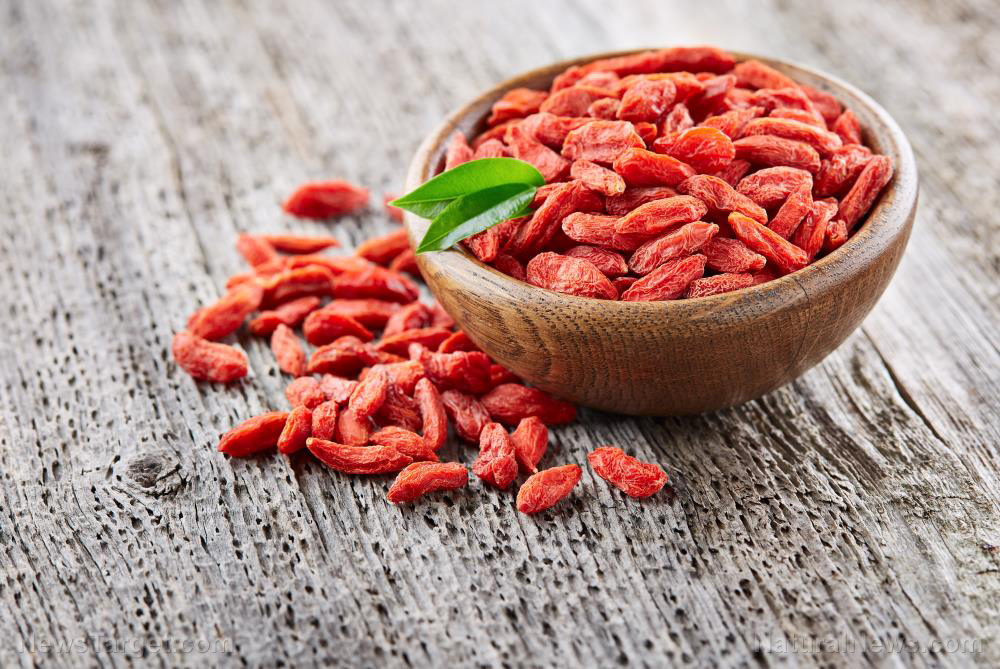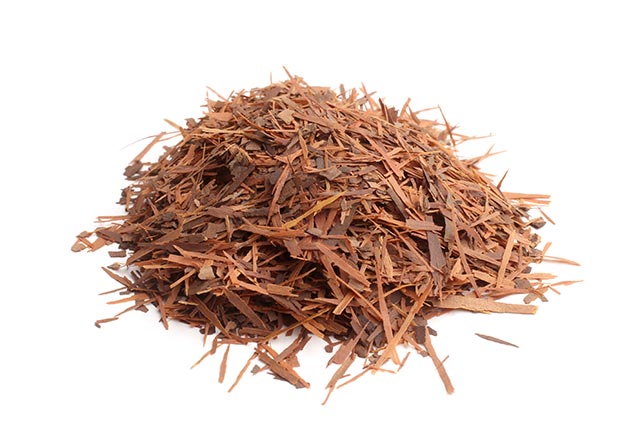One of the most precious spices in the world, saffron can be used as an alternative cancer treatment
07/31/2018 / By Rhonda Johansson

A botanical review published in the Journal of Nutrition & Intermediary Metabolism has concluded that various compounds found in saffron – inarguable one of the world’s most precious spices – show remarkable anti-cancer effects. What’s more, these compounds display selective toxicity against cells; that is, they ultimately kill cancer varieties without harming normal ones.
To reach this conclusion, the authors of the review collected around 300 papers published in various medical databases. Only 78 were deemed relevant after applying several exclusion criteria. Seventy-three were written in English, while the other five were published in Persian. All these papers focused on the tumoricidal effect of either saffron as a whole or compounds found in the spice.
Cross analyses were performed for both in vivo and in vitro studies. Conclusively it was found that saffron displays extraordinary therapeutic effects against cancer, especially of the breast, cervix, blood, liver, lung, and pancreas varieties. Of the examined compounds, crocetin appears to be the most deadly for cancer cells, displaying an altogether impressive ability to eliminate cancer cells while preventing tumor growth.
These effects are observed at high doses.
It must likewise be noted that saffron did not display toxicity to healthy cells at low doses, making it a safe, natural alternative to conventional cancer treatments.
Subtle and fragrant, saffron makes for an enigmatic experience
Saffron is derived from the flower of the Crocus sativus (more known as the “saffron crocus”). It is believed to have originated and first cultivated in Greece but is now primarily grown in Iran.
The spice is incredibly expensive because it takes around 1,000 flowers to produce just one ounce of the item. Saffron must also be harvested by hand in the mid-morning when the flowers are still closed. Real saffron should smell a little bit like sweet hay.
In terms of taste, saffron is slightly sweet and luxurious. It is difficult to pen its exact flavor, but it’s immediately recognizable in a dish.
The best way to use saffron is to grind two teaspoons of its threads along with a pinch of coarse salt to a powder with a mortar and pestle. Add ¼ cup of warm water and let it cool. This decadent medicinal tonic can add vibrancy to your paella, rice, and various desserts.
Is it worth the cost?
Saffron, as we’ve mentioned, has a distinct taste that cannot be adequately described, yet its importance is not in its mystery but its proven medicinal benefits. It not only is useful in remedying cancer but can:
- Boost mental health – Various studies have shown that saffron can uplift mood better than conventional antidepressant drugs. (Related: Saffron For Depression And Anxiety.)
- Improve skin texture – Antioxidants found in the spice keeps your skin supple and radiant. Some research also suggests that saffron can whiten skin, even out skin tone, and prevent acne.
- Increase sexual vitality – A pinch of saffron in a glass of milk can increase your libido.
- Balance hormone levels – Saffron influences the endocrine system and help manage wonky hormone levels.
- Ease stomach pain – The spice can help treat upset stomach and flatulence. Studies have also concluded its usefulness in treating an enlarged liver and spleen.
As you can see, saffron is a highly versatile spice that can be used to enhance your dishes or improve your health. It is unquestionably a treasure trove of health benefits.
Sources include:
Tagged Under: alternative medicine, cancer cures, Herbs, natural cures, natural medicine, natural remedies, Natural Treatments, saffron

